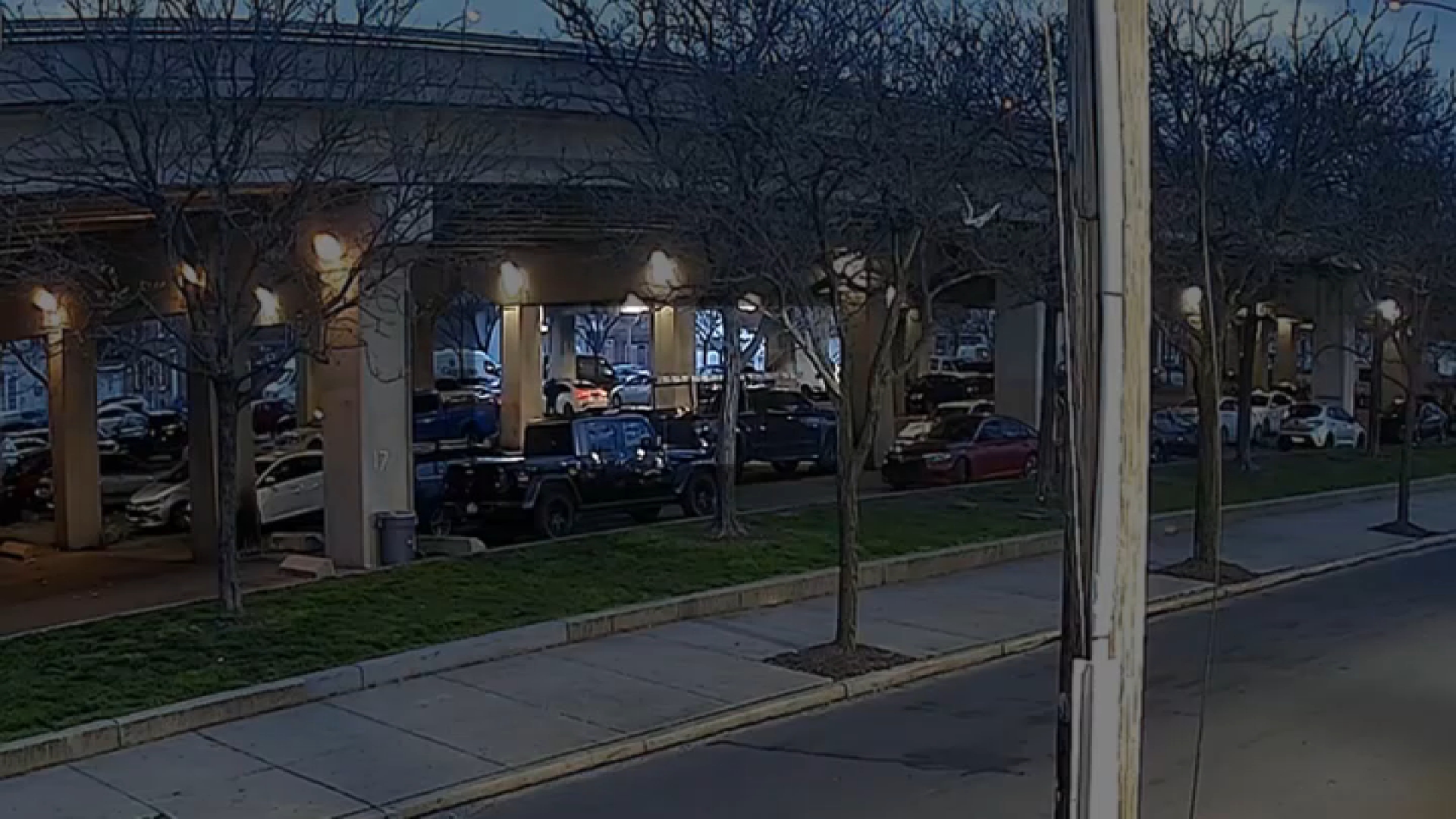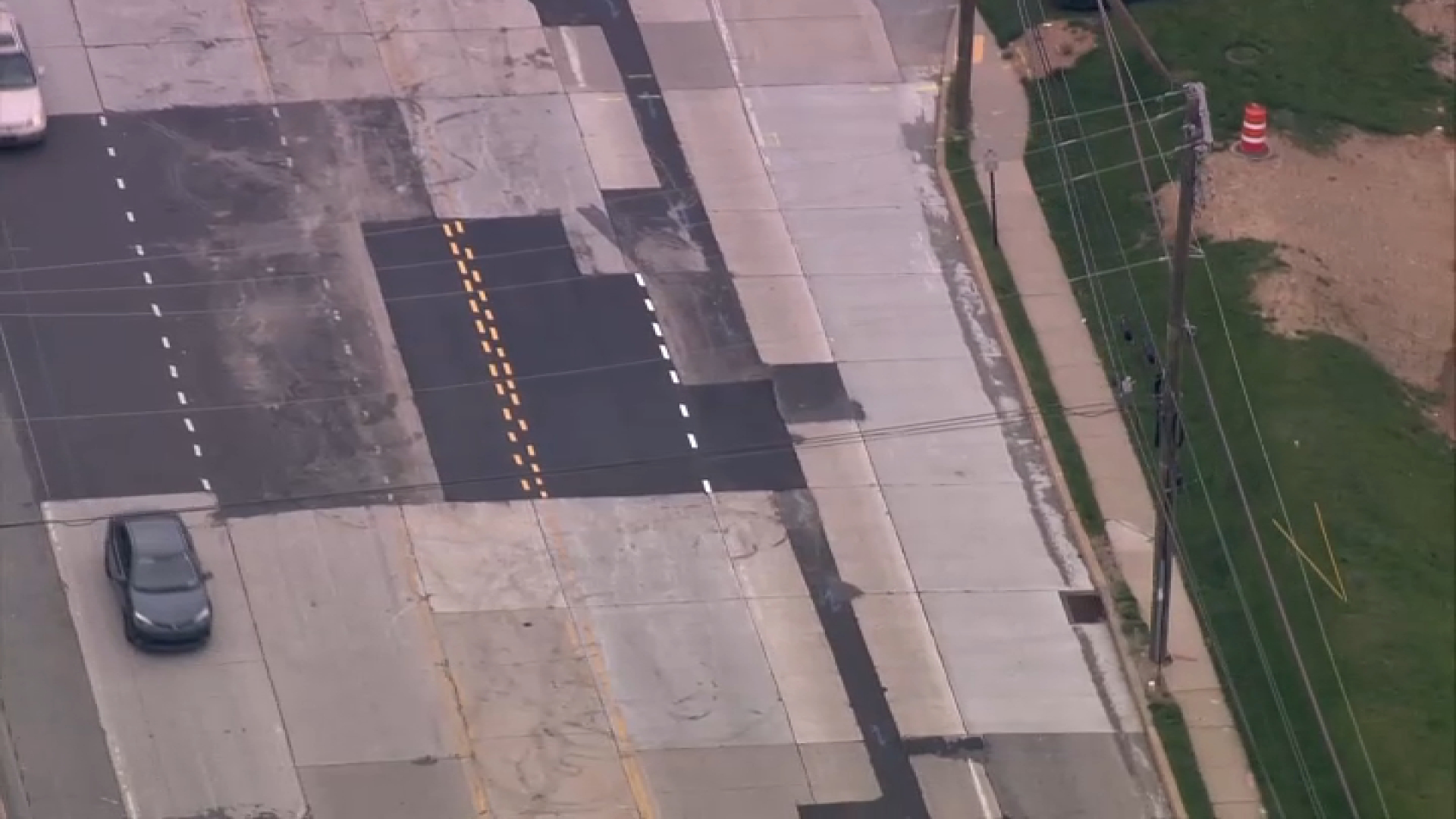What to Know
- After a deadly shooting in Atlanta, Pennsylvania and New Jersey leaders reacted and addressed their own states' anti-Asian crimes.
- Pennsylvania and New Jersey are among the states with the highest number of such attacks, according to data from groups that track these types of incidents.
- Research from Stop AAPI Hate found that 68% of anti-Asian attacks were directed against women.
For many, the deadly shooting spree at three separate Asian spas in Atlanta underscores the problem of nationwide attacks on Asian people. But closer to home, hate has also taken root.
Over roughly the last year, despite hate crimes being down overall, anti-Asian attacks have become much more prevalent, with Pennsylvania and New Jersey among the states with the highest number of such attacks, according to data from groups that track these types of incidents.
From March of last year to Feb. 28 of this year, physical assaults, verbal harassment, civil rights violations and online harassment against Asian Americans were up across the board, according to a study by the Stop AAPI (Asian American and Pacific Islander) Hate group.
Get Philly local news, weather forecasts, sports and entertainment stories to your inbox. Sign up for NBC Philadelphia newsletters.
Pennsylvania saw 97 such attacks, while New Jersey had 59. In addition, Philadelphia, specifically, was responsible for six anti-Asian hate crimes in 2020, a 200% increase from the year prior, according to an analysis released by the Center for the Study of Hate and Extremism at California State University, San Bernardino.
Philadelphia Police Department Commissioner Danielle Outlaw said that walking through the city’s Chinatown, she has noticed palpable fear among people, even before the Atlanta shootings.
“In personally going out and doing a walking tour, specifically in Chinatown, there was a lot of anxiety expressed around crimes against those who either are perceived, or are, of Asian descent of because of the pandemic, and that there was maybe some fear of reporting said crimes,” Outlaw said.
Local
Breaking news and the stories that matter to your neighborhood.
The department said it was temporarily bolstering police patrols around Asian communities and businesses in light of the Atlanta attack.
Philadelphia Council woman Helen Gym attributed much of the current hate to now-former President Donald Trump and his administration, who frequently used racist rhetoric like “the China virus” or “kung-flu” to describe the coronavirus pandemic. But, she said, it also comes down to the general public’s flippant use of Asian stereotypes and the trivialization of Asian pain, especially that of women.
In the Atlanta attack, six of the eight victims were women of Asian descent. Authorities are still investigating whether to call the shootings a hate crime, but they said suspected killer Robert Aaron Long indicated he was motivated by a desire to eliminate a source of sexual desire.
“If you're an Asian American woman, you know, there's no question that violence and racism and misogyny are directed towards you in an oftentimes very hyper-sexualized way,” Gym said.
Stop AAPI Hate's research found that 68% of anti-Asian attacks were directed against women. Gym noted that she herself has seen political disagreements devolve into people telling her she belongs in a strip club and not in City Council.
Both she and Outlaw also acknowledged that anti-Asian hate crimes are likely underreported because people may be too afraid to come forward.
"We're certainly not hearing enough from people whose first language may not be English, from recent immigrants who become very vulnerable, from our seniors, for example, who who have become very vulnerable, and from children and youth," Gym said. "All these things are extremely damaging."
New Jersey Rep. Andy Kim said his own mother has been the subject of hate, with people shouting obscenities at her while out grocery shopping. He said he was in communication with the administration of President Joe Biden, as well as other members of Congress, about possible legislation to address the increase in attacks against Asian people.
New Jersey Gov. Chris Murphy, meanwhile, voiced his own support for Asian communities.
“We stand with our tremendous Asian communities, here in New Jersey and around the nation, which have all experienced increases in violence aimed directly at them over the past year. There is no room for hate in our American family,” he said.



